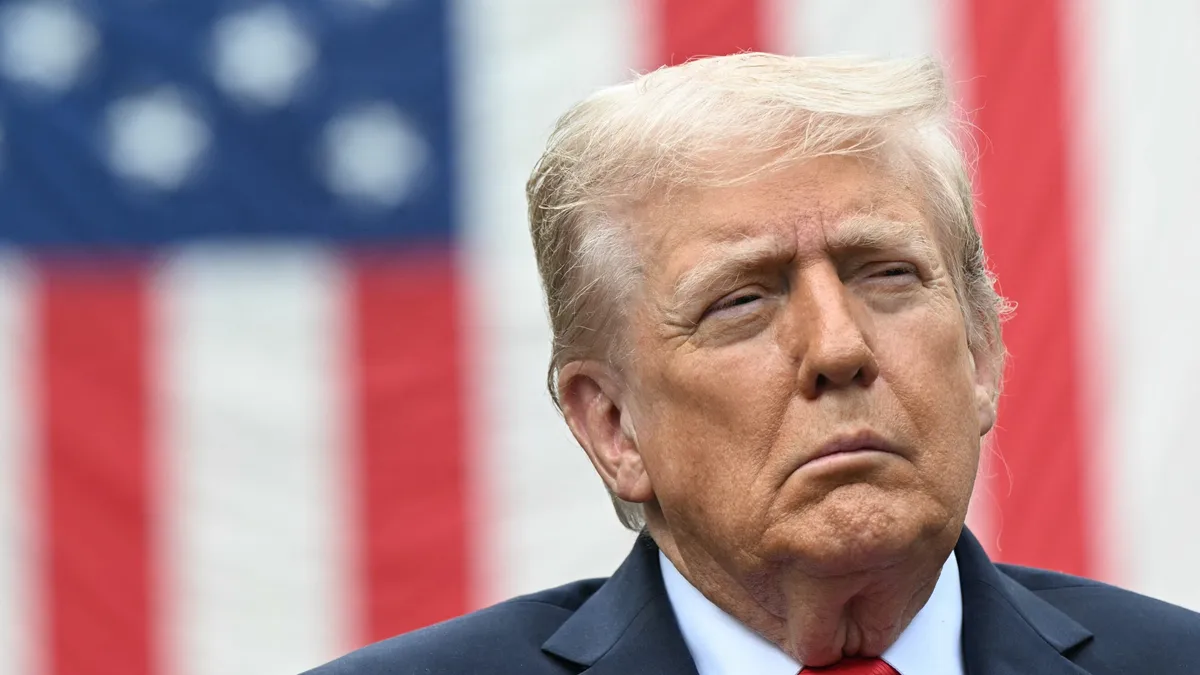By Mario Monti
Copyright politico

But, with all due respect, Trump is missing a key point: There is no discrimination here. The Commission sanctions cases of abuse of dominance that take place in the EU market, whether they’re carried out by EU or non-EU companies.
More to the point, this is exactly what the U.S. antitrust authorities do with respect to the U.S. market. Incidentally, just yesterday, the Federal Trade Commission in Washington opened an investigation into the advertising practices of Google and Amazon, much along the lines set out by the Commission.
We’ve been here before — and with the same players too.
Let’s rewind 20 years to when I was Competition commissioner: In 2004, the Commission sanctioned Microsoft after a long investigation involving constructive discussions with Co-founder Bill Gates, then-CEO Steve Ballmer and then-General Counsel Brad Smith, among many others. Eventually, it imposed a fine of almost €500 million and, more importantly, ordered changes to the company’s business model.
Interestingly, the complaints that prompted the investigation mainly came from U.S. companies, including the start-ups of the early days of the internet economy. They were complaining that Microsoft, which had — through its merits — legally earned a highly dominant position in operating systems for personal computers, was leveraging its position onto neighboring markets by obstructing other companies in a variety of ways, thus stifling innovation.
In fact, I remember one such U.S. start-up — only about three years old when we began our investigation — had a rather intriguing name: Google. And I remember then-CEO Eric Schmidt visiting the Commission to praise our “courage.”



